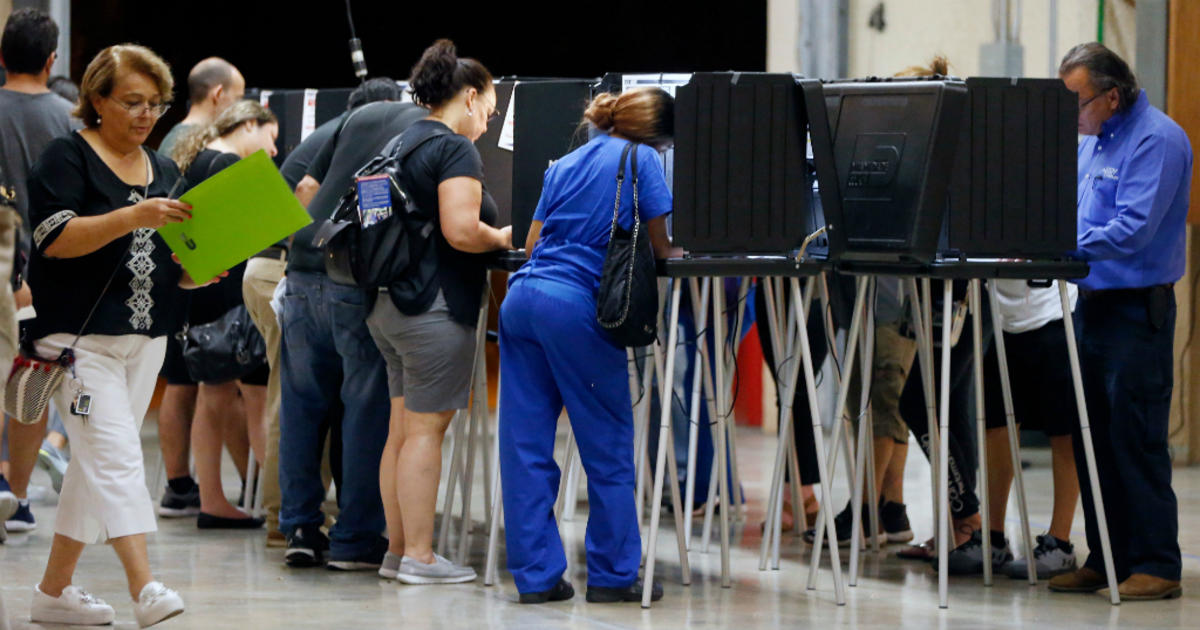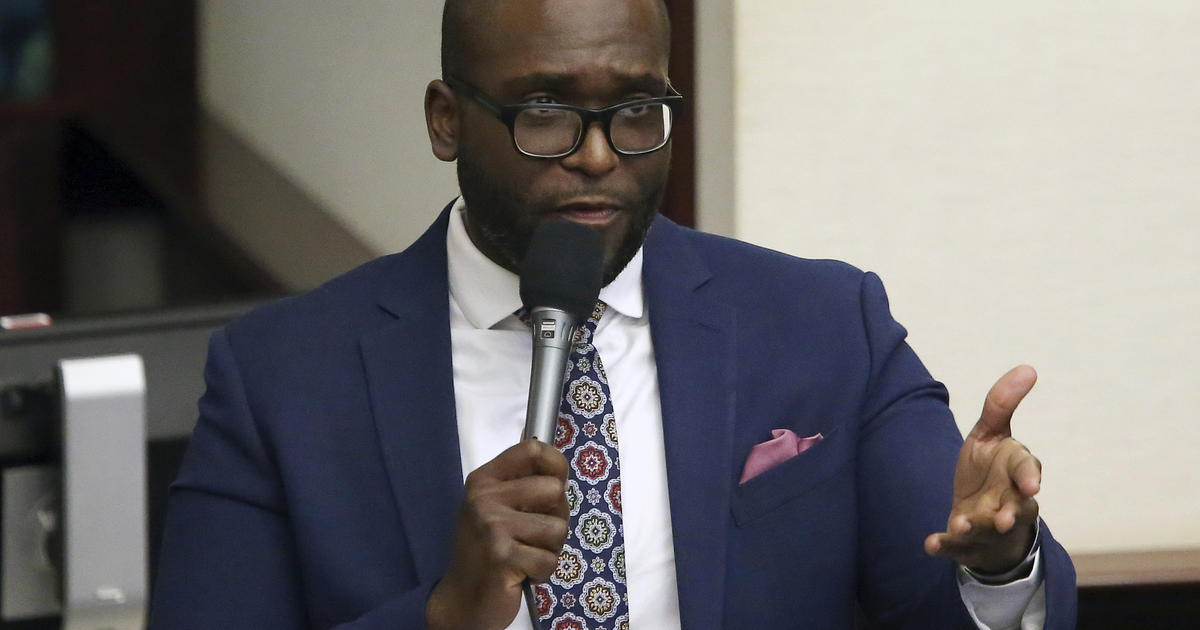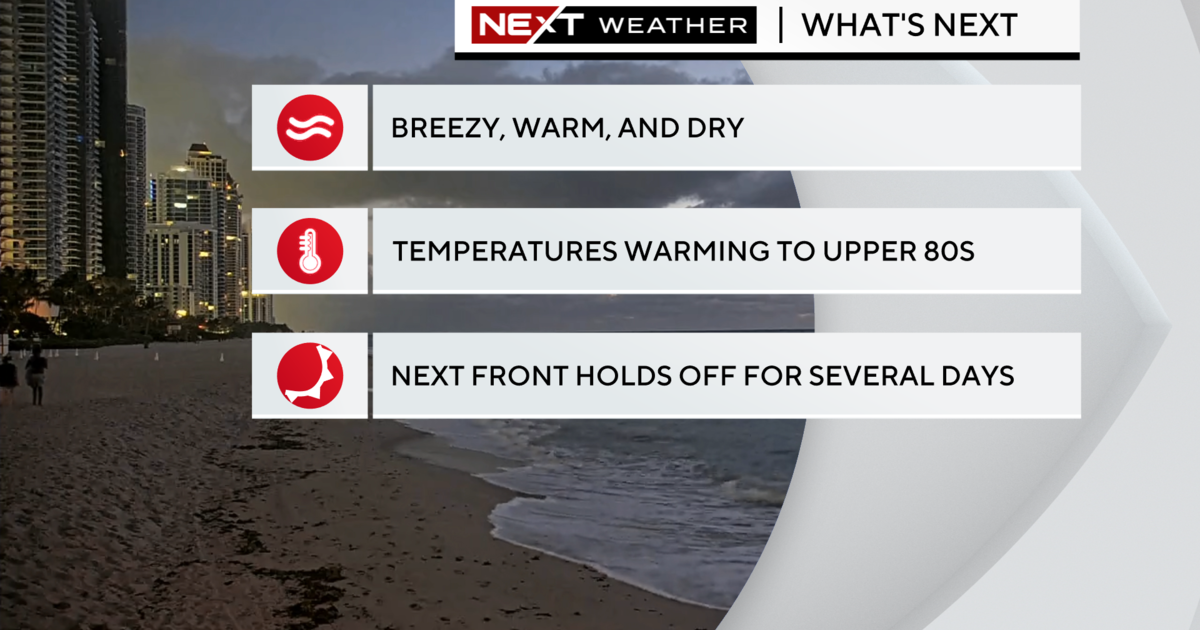Medicaid Stand Off Leaves Miami's Unisured In Limbo
MIAMI (CBSMiami/AP) – A stand off between Governor Rick Scott and the Obama administration has left millions of uninsured Florida families in a limbo of sorts.
Gov. Scott and the Republican-led Legislature want to privatize the state's Medicaid program, but need the Obama administration's permission. The Obama administration wants to make more low-income Floridians eligible for Medicaid, but needs Scott and the Legislature to agree.
The sides have been negotiating a package deal for more than a year and won't comment. Without a solution billions of federal dollars could go to other states and many uninsured Floridians will continue to receive their health care in emergency rooms — the most expensive, least effective place. Safety nets, like community health centers, say they don't have enough funding to keep up as more uninsured patients end up in their waiting rooms.
Florida's Medicaid program currently costs more than $21 billion a year, with the federal government picking up roughly half the tab. It covers nearly 3 million people, about half are children, and consumes about 30 percent of the state budget.
In an effort to cut costs, the state has been trying to privatize Medicaid. Instead of having government insurance, patients would be assigned to for-profit insurance companies, which would receive a per-person fee from the state and decide what services and prescriptions to cover. A five-county pilot program showed little or no savings, however, but Scott and the Legislature still want to take a revamped version of the program statewide.
Meanwhile, Florida has some of the most stringent eligibility requirements in the country. A family of three with income of $11,000 a year makes too much and single residents are not covered. The Obama administration wants those requirements loosened so that an estimated 2 million uninsured Floridians could be covered by Medicaid. Feds will pick up 100 percent of the tab for the first three years and at least 90 percent after, along with extra funding for technology costs.
Scott says Florida can't afford any additional costs.
State economists said Florida would pass up $2.1 billion in federal money while saving $3.9 million in the next budget year if everyone eligible for the expanded program participated. The state's share would increase over time, but even by the 2020-21 budget year Florida would pay $487 million compared to the federal government's $4.2 billion contribution.
Legislative leaders have mostly stayed quiet on the issue and it seems unlikely that Scott, a staunch conservative who forbid state agencies from accepting money tied to Obama's health care overhaul, will change his mind.
Sandra Bell, a 55-year-old single mother and school crossing guard from Miami, struggles to pay her $200 a month prescription costs for diabetes and hypertension. She makes too much to qualify for Medicaid during the school year, but qualifies for Medicaid during the summer.
Bell has made several trips to the emergency room in the past year because she ran out of insulin. More recently, she visited the ER to get a tooth pulled after developing a painful infection.
Florida hospitals admitted nearly 200,000 uninsured patients during fiscal year 2010-11 and their emergency rooms treated 1.8 million uninsured patients — that's about 1 in 5. Hospitals absorbed $2.8 billion in uncompensated costs, according to the Florida Hospital Association.
"We're not talking about spending a lot more money. We're talking about spending the money we're already spending differently," said Bruce Rueben, the association's president.
As state and federal negotiations continue, more patients are relying on safety nets like community health centers. Experts say the one-stop shop helps doctors better coordinate care for the patients by monitoring them over time, saving money by diverting them from emergency rooms for less-serious issues. Borinquen Medical Centers in Miami has a state-funded ER diversion program with three local hospitals.
Florida community health centers, including Borinquen, have received more than $111 million under the Obama health care plan: city and county governments are eagerly accepting the windfall, even if Scott won't.
The number of patient visits to Borinquen jumped from 15,897 in 2008 to 26,123 in 2011, a two-thirds increase. But funding only increased by $250,000 during that time, said CEO Bob Linder.
The center charges patients $25, even though the average visits costs about $140. More than half of those patients are uninsured.
(TM and © Copyright 2012 CBS Radio Inc. and its relevant subsidiaries. CBS RADIO and EYE Logo TM and Copyright 2012 CBS Broadcasting Inc. Used under license. All Rights Reserved. This material may not be published, broadcast, rewritten, or redistributed. The Associated Press contributed to this report.)



